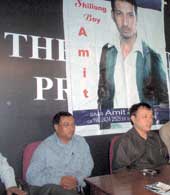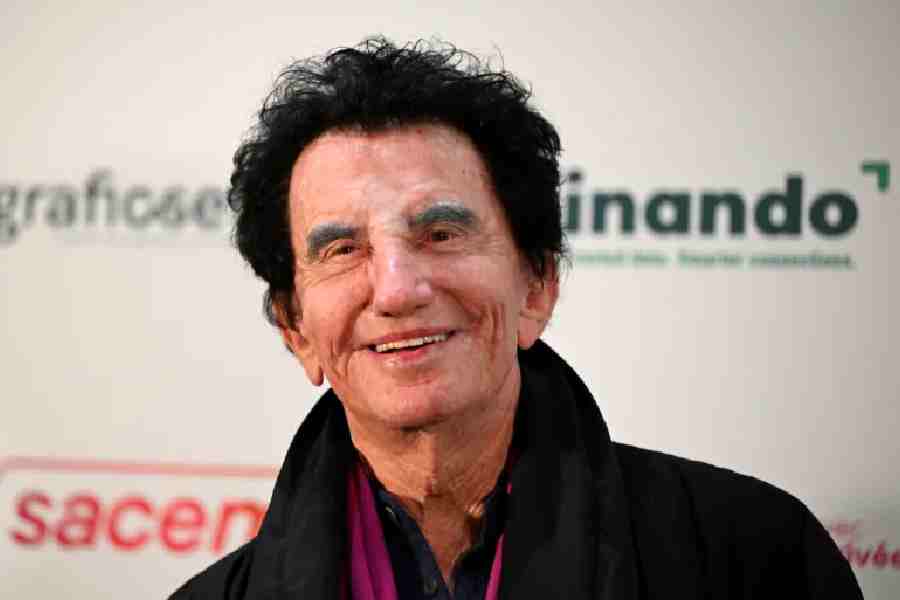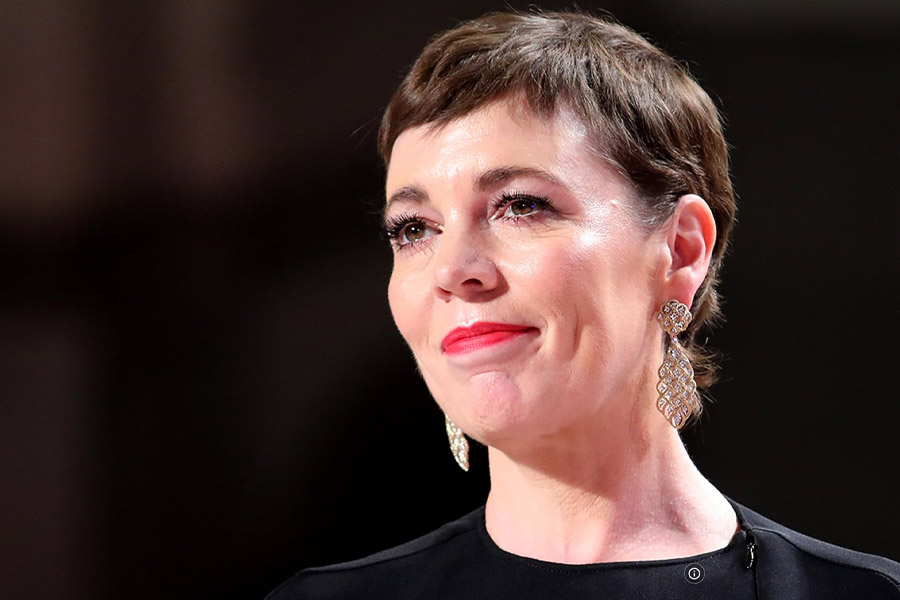
Chennai, Nov 22: Carnatic singer M. Balamuralikrishna, who appeared for his first concert as an eight-year-old, passed away in Chennai today.
He was 86 and had not been keeping well for some time, family sources said.
A child prodigy who evolved into an accomplished musician, "Balamurali" - as Balamuralikrishna was fondly called - also played the viola, mridangam and kanjira and had in the '70s even produced an LP record in which he sang and played all these instruments.
"In those days it was a technical challenge to mix tracks into a single album, but there was no denying his mastery or genius," recalled sound recording engineer Raghu of HMV.
Balamuralikrishna's original name was M. Muralikrishna. The prefix "Bala" - which refers to the child Krishna - was given by a senior musician who was enthralled by the eight-year-old's first concert. The prefix later became part of his name.
Balamuralikrishna - whose admirers had started an online campaign for a Bharat Ratna for him earlier this year - was probably among the few artistes to have been awarded the Padma Shri, Padma Bhushan and the Padma Vibhushan.
A singer with a deep, sonorous voice that could hit the high octaves with effortless ease, "Balamurali" had continued to sing even till a few months ago despite failing health. A Telugu from Andhra Pradesh who settled in Tamil Nadu, Balamuralikrishna composed music for over 400 songs in films and also non-film devotional songs. He was the favoured singer whenever a Carnatic-oriented song was featured in a movie.
His song Oru Naal Podhuma in the Sivaji Ganesan-starrer Thiruvilayadal and Chinna Kannan Azhaikiraan in Kavikuil were runaway hits praised by both laymen and pundits. "He was the Sangeetha Pithamaha (father figure) of Carnatic music and would happily encourage young talents," said singer Sudha Raghunathan.
Balamuralikrishna had also appeared as a featured soloist with a British choir, performing the Gitanjali Suite with words from Rabindranath Tagore's Nobel Prize-winning poetry collection and music by Dr Joel, the UK-based Goan composer.
After this he was invited by HMV to record Tagore's entire Rabindra Sangeet compositions in Bengali, preserving them for posterity. "Whatever language he sang in, he would take great pains to pronounce it correctly without sacrificing the musical content," said Raghu.
Not a stranger to controversy, Balamuralikrishna had got embroiled in a dispute with another genius, Veena Vidwan S. Balachander, after he claimed to have invented new ragas, which was disputed by the veena player.
The technical committee of the Music Academy later ruled against Balamuralikrishna. It said the format in which the ragas had been composed - as Balamuralikrishna had claimed - was not musically feasible.
At the peak of the controversy, a senior musician, Semmangudi Srinivasa Iyer, had quipped: "Why are the two Balas (kids) quarrelling like children?"











